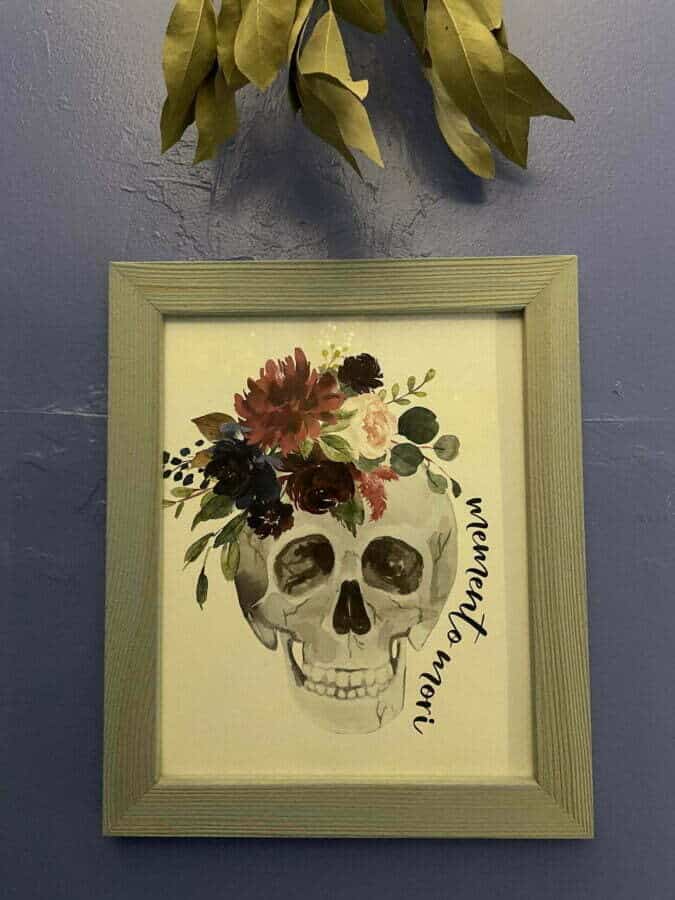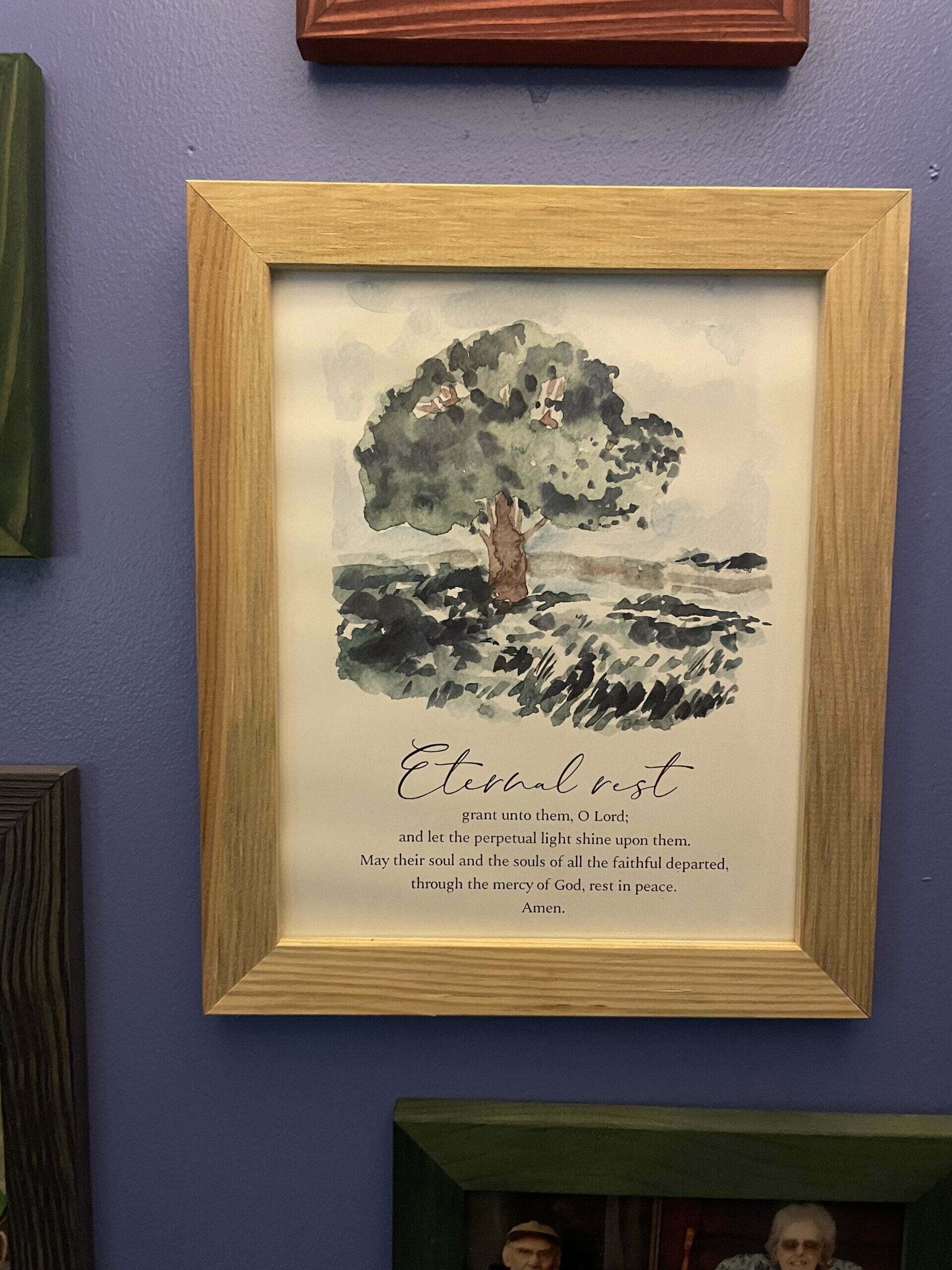By Steve Krout
August 2022
My slightly demented but completely lovable kitten, Winston, paces back and forth on the desk in my bedroom as I sit writing on my laptop. The desk stands at a window that faces out to the main campus. I’ve known this desk my entire life–it was my grandpa’s desk and when he passed away it became my niece’s desk and when she passed away it made the long journey from Pennsylvania to Georgia to become my desk. It’s our desk.
It’s raining. Winston carries one of my socks in his mouth as he climbs up and down the windowsill. I’m not quite sure how he feels about the rain yet but I love it. In particular, I love thunderstorms. As a child, whenever a storm would pass over my grandparent’s house, the lights would be turned off and appliances unplugged. My grandpa and I would sit out on their screened in porch–watching and listening–while my grandma kept her hands busy in order to distract her worrying mind. I hold those memories close to my heart. While I don’t unplug my appliances, I do turn off the lights during storms as I quietly watch and listen. It’s not at all a bad way for a man to live out his evenings, I often think to myself.
Behind me, there’s a small passageway that breaks up the living room and kitchen from the bedroom. It isn’t really a hallway–it’s more of just a way. In this space, I have the photos of all my loved ones that have passed away. In the center of their pictures is this prayer: “Eternal rest grant unto them, O Lord, and let perpetual light shine upon them. May their souls and all the souls of the faithful departed, through the mercy of God, rest in peace. Amen.” I see these photos and the interwoven feelings of sorrow and joy arise. The hope of the resurrection of the body comes alive in my heart.
On the wall opposite of it, there’s a print bearing these words: Memento Mori. Remember your death. The Sacred Scriptures tell us that we are a mist that appears for a little while and then vanishes. For this reason, it is important that we keep our death ever before us. It isn’t a nihilistic practice but one that keeps the essential questions of life in our minds and hearts: How are we living? What are we living for? Most importantly, Whom are we living for? The Roman emperor and Stoic philosopher Marcus Aurelius said, “Let each thing you do, say, or intend, be like that of a dying person.”
As I stare out my window and look at the community, I see what men and women before me were living for–this demonstration plot for the Kingdom of God. For 80 years, in good times and bad times, in moments of peace and moments of violence, people have given their lives to the vision that God gave to Clarence and Florence Jordan and Martin and Mable England in 1942. Even under the threat of death, they would not be moved. I see what we who are here now must continue to live for–a life where all things are held in common and all people have a seat at the table.
Clarence once said, “God made us out of this old soil and we go back to it, and we never lose its claim on us.” These are words worth meditating on. Every day, as we walk this old Earth and get it beneath our fingernails, may we live as if we only have this day to do the work of God in our mortal flesh. And pray, if you are so moved, about the possibility of joining us in living this life.


